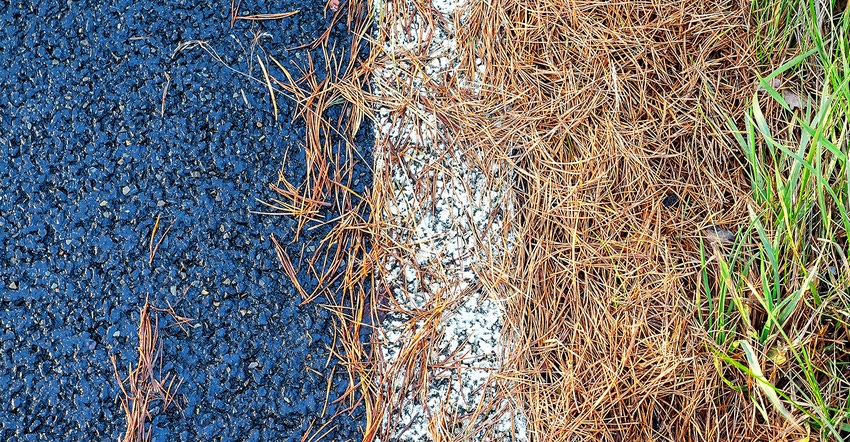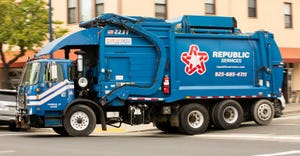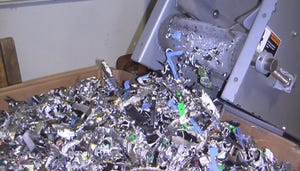Missouri Project Uses Recycled Plastic for Durable Asphalt Mixture
To help with the deterioration of pavement asphalt, investigators at the University of Missouri have been testing using recycled plastics to make asphalt more durable.
July 19, 2023

To help with the deterioration of pavement asphalt, investigators at the University of Missouri have been testing using recycled plastics to make asphalt more durable.
Investigators from the Mizzou Asphalt Pavement and Innovation Lab (MAPIL) have designed a test along a portion of Interstate 155 that uses recycled materials such as scrap tires and plastics. By adding these materials, the investigators are hoping that the recycled materials will help make asphalt durable and give new life to the recyclables.
Director of MAPIL, Bill Buttlar, says that the process can help reduce the number of materials ending up in landfills by enhancing the sustainability of asphalt mixes.
“Missouri is the Show-Me State, so we take a very pragmatic view. The science can be thorny and difficult, but we are up to the task. We’re excited that while our approach is complicated in the lab, its simple to execute in the field, so it makes it easily adaptable, scalable, and cost-effective to incorporate into many types of road environments,” said Buttlar.
The groups previous test only used four different types of recycled materials. The new test for I-155 will assess the real-world effectiveness of nine different types of recycled materials in the production of asphalt pavement.
The materials include ground tire rubber as well as three types of polyethylene which is usually seen in plastic grocery bags.
“These projects afford us an opportunity to intentionally build the next generation of roads with these materials not as a type of linear landfill, but to also help the environment while making the value of dollars spent on transportation infrastructure like this stretch farther into the future,” said Buttlar.
You May Also Like


